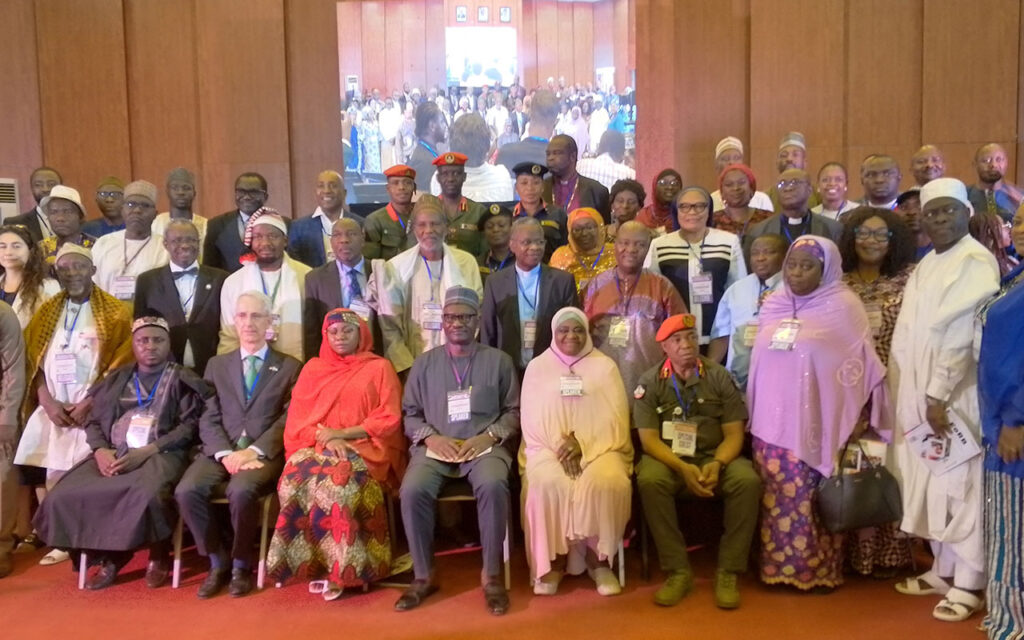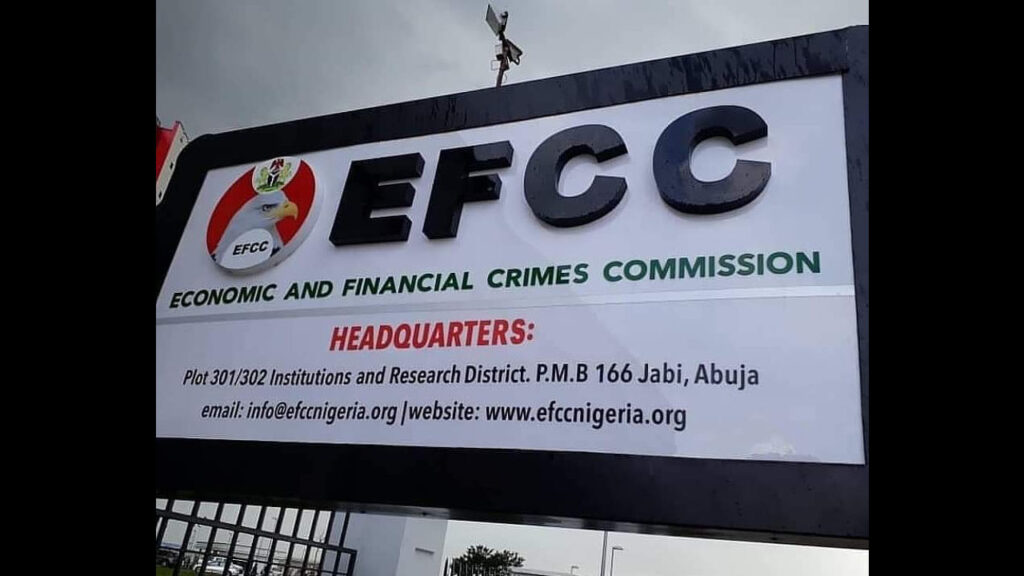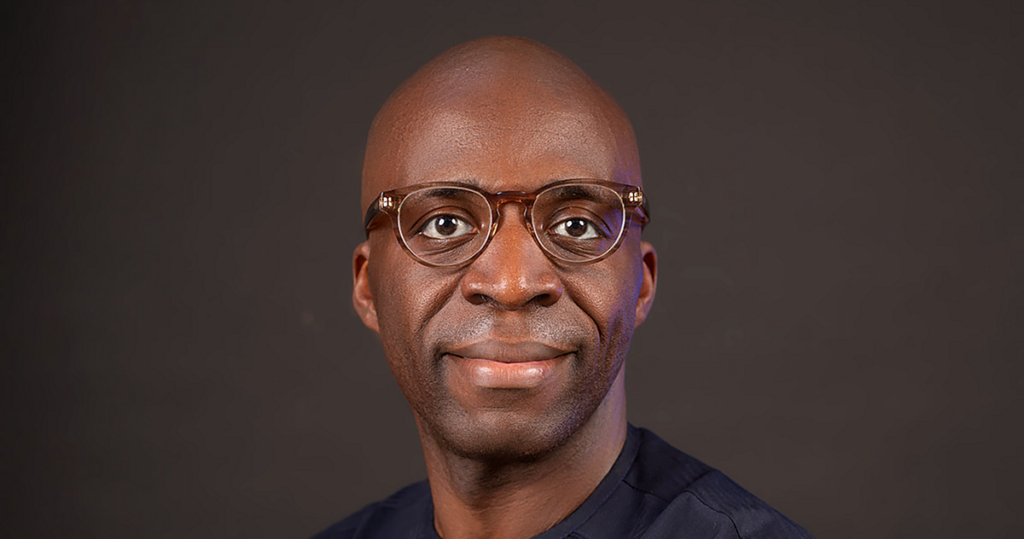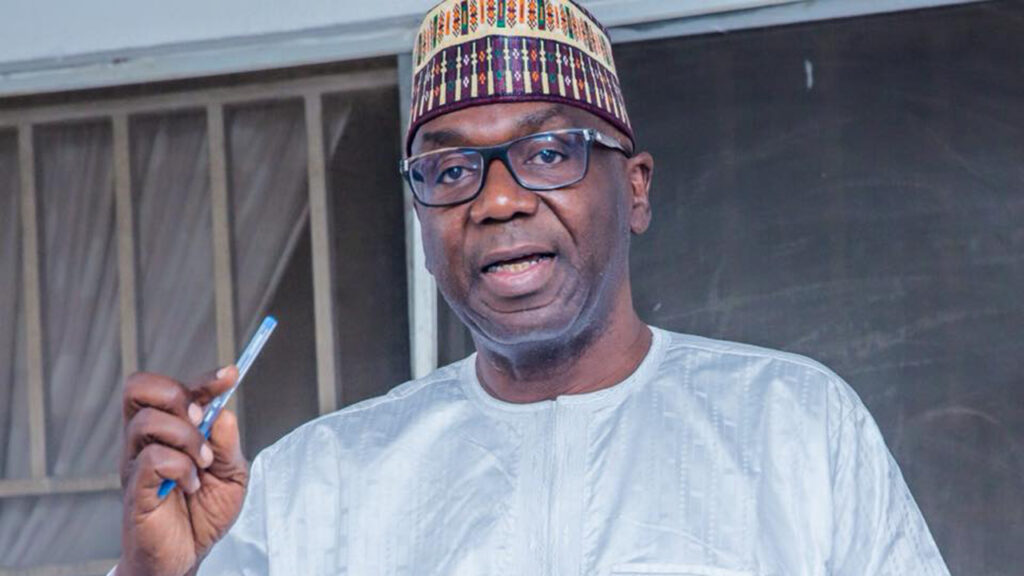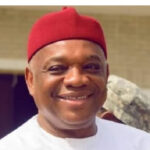 Stakeholders at a national conference on building a community of practice for the promotion of freedom of religion in Nigeria, have said that tolerance and respect for fundamental human rights are central to peaceful coexistence and overall development.
Stakeholders at a national conference on building a community of practice for the promotion of freedom of religion in Nigeria, have said that tolerance and respect for fundamental human rights are central to peaceful coexistence and overall development.
Netherlands ambassador to Nigeria, Wouter Pomp, who spoke at the conference yesterday in Abuja, observed that every individual has the right to live freely in terms of right to live with indignity.
He said “In a world where people are all too often forced to hide their personal beliefs, to not express their faith the way they wanted and their religion is at times politicized, the importance of advancing freedom of religion and belief that we are doing cannot be overstated.
“I’m reminded of the importance of safeguarding one of the fundamental rights of humanity, the freedom to believe to worship and to express one’s faith without fear or constraints.
“On an individual level, this entails the rights to live freely and with indignity. It forms the basis of society as a culture of tolerance and respect among diverse communities. And as we all know, diversity is what makes society flourish,” he said
Country Director, Search for Common Ground, Fatima Abubakar said that the meeting seeks to strengthen organisations at risk of freedom of religion and freedom of belief violations in Nigeria.
She said “Protecting and Promoting Freedom of Religion and Belief, (PPoFRB), aims at establishing effective Early Warning/Early Response, (EWER), and referral mechanisms for addressing FoRB violations and violence along religious lines in Nigeria, strengthen support mechanisms for individuals at risk of FoRB violations, and enhance public understanding of interfaith conflict and the importance of FoRB.
“Consequently, The PP-FORB Nigeria project is designed to empower actors; human rights defenders, journalists, CSOs, and critical stakeholders, to address and prevent conflicts along religious lines and advance Freedom of Religion or Belief (FoRB) in Nigeria.
According to her, this will be accomplished through fortifying support systems for those at risk of FoRB violations, expanding public awareness of interfaith conflict and the significance of FoRB, and establishing an efficient early warning, response and referral mechanisms for addressing such violations and violence along religious lines in Nigeria.
Director General, Institute for Peace and Conflict Resolution, Dr. Joseph Ochogwu, also pointed that “Building a Community of Practice on Promoting Freedom of Religion and Beliefs in Nigeria is very relevant and timely, as Nigeria is currently grappling with challenges and opportunities related to the respect and protection of the right to freedom of religion or belief for all.”
He said “Nigeria is a diverse and pluralistic country, with over 250 ethnic groups and various religions, such as Christianity, Islam, African Traditional Religion, and others. This diversity is a source of strength and richness, but also a potential cause of conflict and violence, as we have witnessed in recent years.
“The escalation of religious intolerance, hatred, and discrimination has resulted in the violation of human rights, the disruption of social cohesion, and the threat to peace and security.
Ochogwu points that “In a nation as diverse and culturally rich as ours, the principles of tolerance, understanding, and respect for varying beliefs are not just ideals but fundamental pillars upon which our society stands.”

